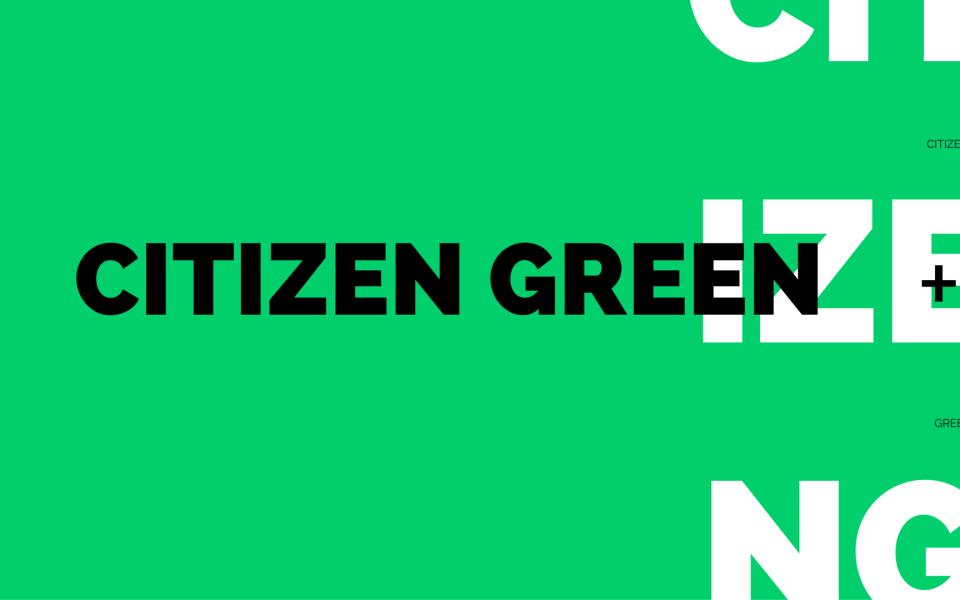The reckoning with my grandmother’s mortality came about through a series of increasingly dire Facebook posts by my aunt, hasty phone calls to my mom and uncle to assess the situation. Then, three days later, I was making the haul to south Florida, covering the Carolinas before lunchtime, hitting Jacksonville in the late afternoon, Orlando by 7 p.m., followed by a grim late-night charge down Interstate 75 along the Caribbean coastline and arriving at the hospice in Fort Myers around 11 p.m. That’s where I am now.
I’ve kissed my grandmother’s forehead, and told her I’m here and that I love her, enacting a ritual established by my aunt and two uncles, along with multiple cousins.
Her eyelids quiver in the barest sign that she’s aware of our presence. Her breathing is growing shallower. We all know that this is goodbye. Her deterioration has been “exponential,” as my aunt’s husband put it, and it quickly became clear that any radical medical intervention would have little chance of success and in any case wouldn’t give her much quality of life. We’re relieved that her pain has subsided and she seems to be more comfortable. The newcomers to the death vigil, myself included, react with shock and discomfort, but those who have settled in have come to see these last moments, these last days with our beloved grandmother and mama as a blessing. Now, surreally, we’re talking about funeral arrangements, booking flights and bringing together great-grandchildren.
If there’s a way a person is supposed to go out, this is it. My grandmother has lived a long life and witnessed a lot of history. Born abroad to an American tobacco salesman, she lived in China before the Japanese occupation. As a young woman, she made machine parts for cargo ships in California during World War II and married a handsome Navy sailor. As a testament to the close relationship between the former combatants, my grandmother lived long enough to see a grandson enlist in the Navy, marry a Japanese woman and raise two boys with her in Japan. My grandmother grieved the loss of a child to measles and raised six other children through the tumult of the Vietnam war, as the family moved from one academic post to the next over the course of my grandfather’s career as an English professor — from Princeton University in New Jersey to Johns Hopkins in Baltimore, to the University of Illinois at Champaign-Urbana, and finally to the University of Florida.
My grandfather, who preceded my grandmother in death by more than two decades, said in a professional exit interview that Florida seemed like a frontier when he accepted his final post in the early 1970s, and the university was what was next. It does seem that way to me when I scan the Google map on my iPhone, and observe Interstate 75 push another 45 miles southward and then make a lateral cross to Miami on the Atlantic coast. Below that line, the rest is the Everglades, a netherworld where the land gradually recedes into the sea. The fantastic geography of the state that my grandparents claimed as home is conflating in my mind with my grandmother’s transitory state. The in-between-ness of her being — still breathing and present with her loved ones, moaning but no longer verbal, perhaps hearing our soft voices and feeling our hands stroking her arm — makes me think of the swamps that I saw from Interstate 95 along the Georgia coastline, and how much of their abundant biological life lies below the water’s surface.
These are sacred moments of honoring the mystery of life as it courses into the unknown. I’m learning to let go of my grandmother who counseled me on what it means to move forward in the face of loss. I’m thinking of letter she wrote to me only two years ago describing how she dealt with losing her youngest child to cancer, along with three other children, including my father, from accident and illness prior to that. My mother and father have also entered this sacred space by ministering to friends dying of cancer: My father, before his own passing, went to find a priest to offer last rites in the middle of the night; my mother and some other women gathered to sing hymns to their friend as she drifted in and out of consciousness, and then washed her body after she expired.
When my dad died 24 years ago, one of his friends counseled me that in times like these we can express ourselves through music when words aren’t up to the task. So, barreling down the interstate through the Florida night, I sang at the top of my lungs with the Victoria Williams song on the car stereo: “What kinda song would you give/ If you had a song to give? What kind of life would you live/ If you had a life to live?”
Join the First Amendment Society, a membership that goes directly to funding TCB‘s newsroom.
We believe that reporting can save the world.
The TCB First Amendment Society recognizes the vital role of a free, unfettered press with a bundling of local experiences designed to build community, and unique engagements with our newsroom that will help you understand, and shape, local journalism’s critical role in uplifting the people in our cities.
All revenue goes directly into the newsroom as reporters’ salaries and freelance commissions.


Jordan,what a beautiful article. So well put and such a gentle look at loss. Thank you.